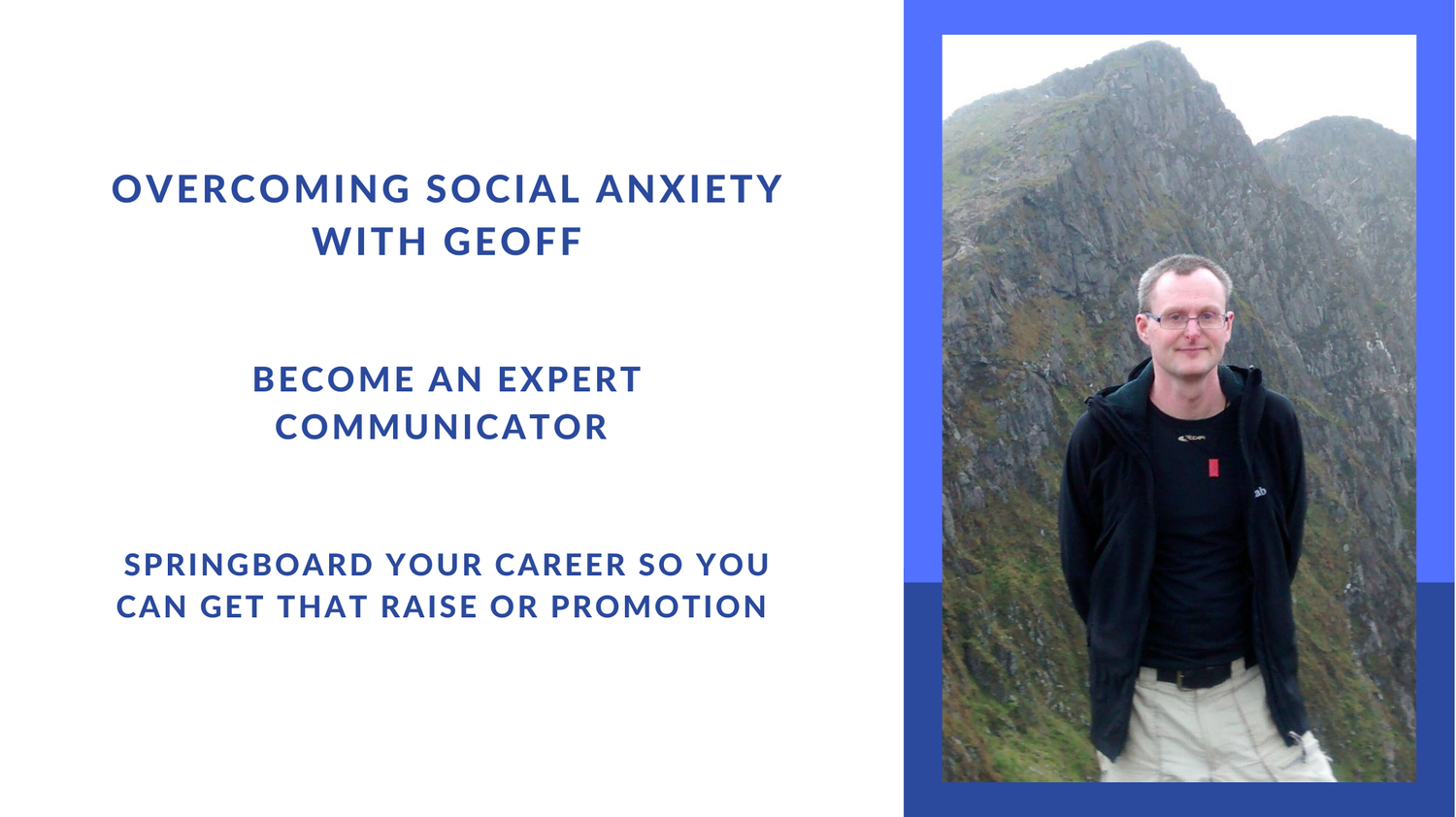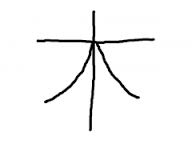Approximately 5% of the UK population will suffer from frozen shoulder at some point in their life. Frozen shoulder (adhesive capsulitis) is an extremely painful and sometimes disabling condition in which the movement of the shoulder is restricted. It can last for months or years. The symptoms include pain, stiffness, redness and contraction.
Cause
The NHS describes frozen shoulder as being caused by the inflammation and thickening of the flexible tissue that surrounds the shoulder joint, known as the capsule. Factors which increase the likelihood of developing a frozen shoulder include:
- a previous shoulder injury or shoulder surgery
- diabetes due to the reduced micro circulation
- Dupuytren's contracture (a progressive painless thickening and tightening of the tissue of the hands and fingers)
- other health conditions, e.g. high cholesterol, heart disease and stroke
The Shoulder Joint
The shoulder joint is normally flexible and elastic. The humerus, the scapula and the clavicle form the shoulder joint. The synovial fluid in the joint lubricates it. The four muscles of the rotator cuff allow the shoulder to rotate and help keep it in place. The subscapularis allows the arm to rotate medially (inwards). The Teres minor and the Infraspinatus externally rotates the arm. The Supraspinatus abducts the arm (brings it closer to the body.)
Treatment
The joint is assessed to ascertain the range of motion and any painful points. Frozen shoulder is treated by a combination of acupuncture and massage. Massage helps to improve blood flow to the area. Acupuncture helps with the pain, reduces inflammation, enhancing local micro-circulation and stimulating nerves located in muscles and other tissues, leading to release of endorphins the body's painkillers. Moxa on a needle can also help to bring warmth to the affected area. Advice is also given on gentle stretching exercises which gradually increase the range of motion of the shoulder.
Shoulder Exercises
Adjust your posture
You can help to reduce subscapularis-related shoulder pain by adjusting your posture—while awake and sleeping.
When sitting in front of a computer avoid slumping forward because this forces the arms to rotate into an uncomfortable position, which trigger pain in the subscapularis muscle. When sat at your desk, keep moving your arms. Reaching the arm up and behind the head will help to stretch the subscapularis muscle.
When walking allow your arms to swing freely.
Sleep with a pillow
An extra pillow can help. If you’re sleeping on the painful side, place the pillow between your elbow and the side of the body. This helps to move the arm away from the body, which stretches the subscapularis muscle. If you sleep on the pain-free side, put the pillow in front of you so that the painful arm can rest on it.



